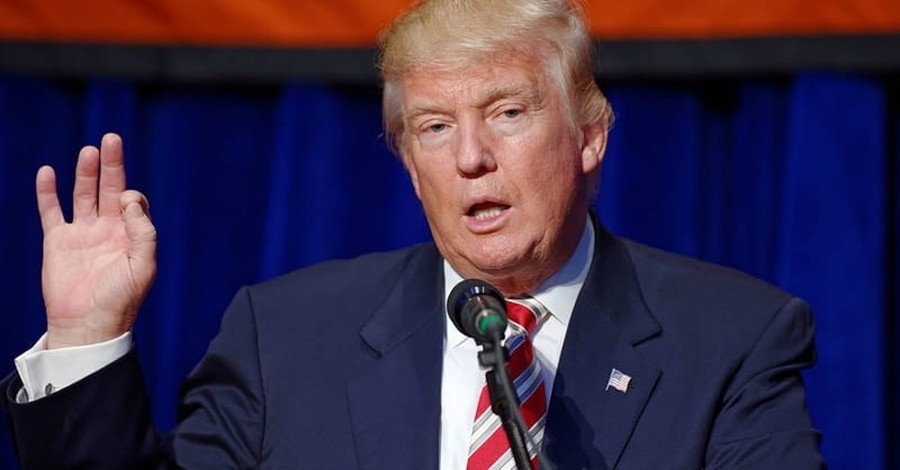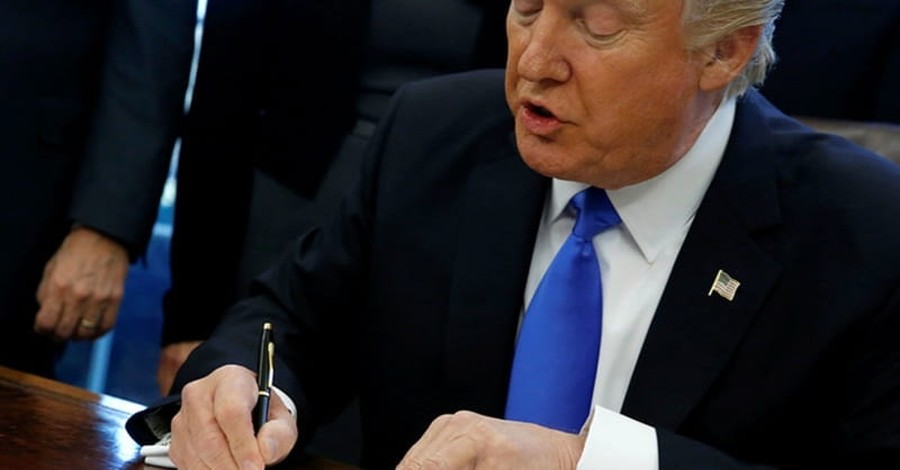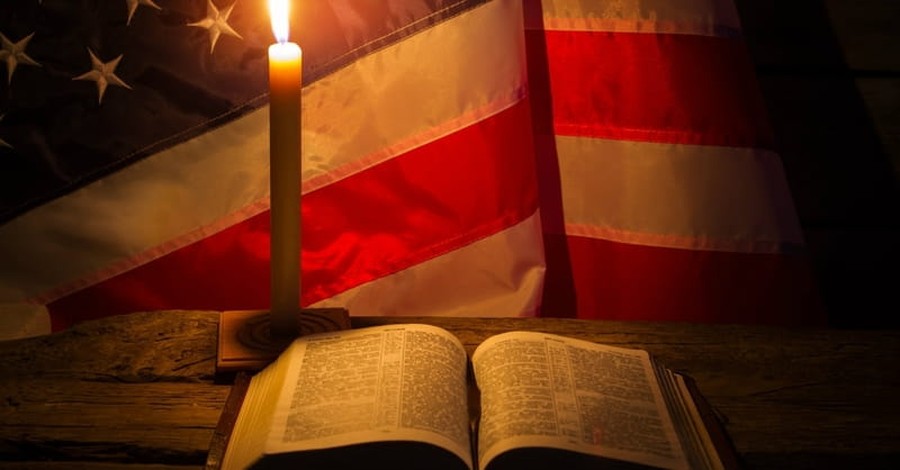5 Facts About President Trump’s Executive Order on Religious Liberty

Photo courtesy: ©Thinkstock/Arrangements-Photography

1. What is an executive order?
An executive order is an official document, signed by the president, used to manage the Federal Government. Assuming they are limited to the scope of the executive action allowed by a president, an executive order has the power of federal law. While a president cannot directly create a new law or sign an executive order that violates existing law, he or she can use an executive order to specify how laws will be carried out or direct how a federal agency will carry out a task.
Photo courtesy: Wikipedia

2. What does the executive branch commit to in the order?
The first section of this executive order announces the Trump administration’s intent when it comes to executive policy to “vigorously enforce Federal law's robust protections for religious freedom.” “Federal law protects the freedom of Americans and their organizations to exercise religion and participate fully in civic life without undue interference by the Federal Government,” says the order. “The executive branch will honor and enforce those protections.”
Photo courtesy: Religion News Service

3. What does the order say about the Johnson amendment?
The second section states that all executive departments and agencies “shall, to the greatest extent practicable and to the extent permitted by law, respect and protect the freedom of persons and organizations to engage in religious and political speech.” The order also specifically states the Department of Treasury (which controls the IRS) will not impose any tax penalties or deny tax-exempt status for any individual, house of worship, or other religious organization that speaks about “moral or political issues from a religious perspective” or intervenes in a “political campaign on behalf of (or in opposition to) a candidate for public office.” (This is in reference to the so-called “Johnson amendment” which prohibits tax-exempt organizations from attempting to influence political campaigns. The present ban is codified in Section 501(c)(3) of the Internal Revenue Code.)
Photo courtesy: ©Thinkstock/Dennisfilm

4. What does the order say about religious liberty and healthcare?
The third section states that the Secretary of the Treasury, the Secretary of Labor, and the Secretary of Health and Human Services “shall consider issuing amended regulations, consistent with applicable law, to address conscience-based objections to the preventive-care mandate” of the Affordable Health Care Act.
Photo courtesy:©Thinkstock/Ridofranz

5. What is the Attorney General's role in regard to the order?
The fourth section clarifies that in order to guide all executive-branch agencies in complying with relevant Federal law, the Attorney General “shall, as appropriate, issue guidance interpreting religious liberty protections in Federal law.”
Slideshow adapted from the article "5 Facts About President Trump's Executive Order on Religious Liberty," used with permission from ERLC.com.
Photo courtesy: ©Thinkstock/ehrlif
Publication date: May 9, 2017






